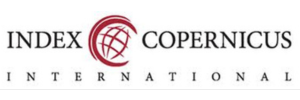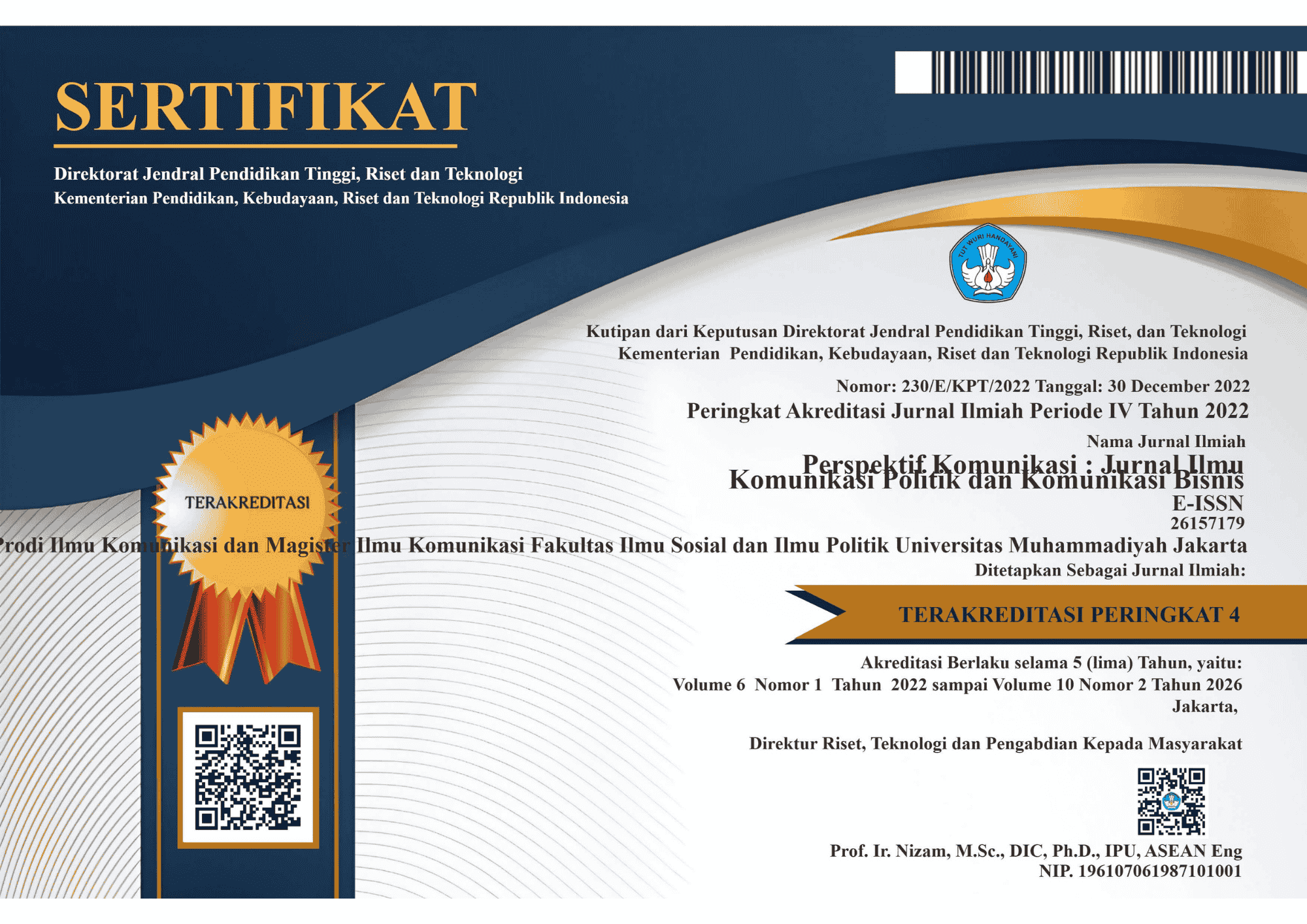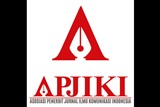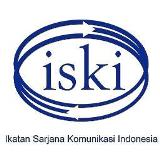MANAJEMEN PERUBAHAN KOMUNIKASI PARTAI POLITIK NEW WAVE: SEBUAH STUDI ETNOGRAFIS DI PARTAI PSI JAWA BARAT
DOI:
https://doi.org/10.24853/pk.5.1.11-27Keywords:
Change Management, Political Communication, PSIAbstract
Studi ini bertujuan untuk menjawab bagaimana laju Partai Solidaritas Indonesia (PSI) di Jawa Barat dalam menjalankan strategi komunikasi politiknya berbeda dengan PSI di DKI Jakarta, hal ini menjadi sebuah fenomena menarik karena sejatinya Jawa Barat berbatasan langsung dengan DKI Jakarta. Riset ini menggunakan pendekatan kualitatif Etnografi untuk menemukan dan menggambarkan dinamika partai guna meningkatkan performa komunikasi politik PSI di Jawa Barat. Berdasarkan hasil penelitian didapati bahwa manajemen komunikasi politik new wave terdapat dalam tubuh PSI Jawa Barat. Pendekatan tiga hal penting yakni kultur-nilai, coaching oleh ketua dan sikap progresif-dinamis anak muda membuat PSI Jawa Barat mendapati posisi politik yang berbeda dalam konstetasi di Jawa baratReferences
Azwar; B. (2021). Kecam Aksi Terorisme; PSI Jabar: Wabah Intoleransi Jangan Dibiarkan Merebak. Gala Jabar. https://galajabar.pikiran-rakyat.com/jabar/pr-1081703968/kecam-aksi-terorisme-psi-jabar-wabah-intoleransi-jangan-dibiarkan-merebak
Baker; F. W. 2009. Political Campaigns and Political Advertising. Westport: Greenwood
Banaji; S.; & Cammaerts; B. (2015). Citizens of nowhere land: Youth and news consumption in Europe. Journalism Studies; 16(1); 115-132.
Banda; K. K. (2016). Issue ownership; issue positions; and candidate assessment. Political Communication; 33(4); 651-666.
Bimber; B. (2003). Information and American democracy: Technology in the evolution of political power. Cambridge University Press.
Cangara; Hafied. 2009. Political Communication; Concepts; Theories; and Strategies. Jakarta:
RajaGrafindo Persada
Converse; P. E.; & Apter; D. (1964). Ideology and discontent.
Dahlgren; P. (2005). The Internet; public spheres; and political communication: Dispersion and deliberation. Political communication; 22(2); 147-162.
Darmofal; D. (2005). Elite cues and citizen disagreement with expert opinion. Political Research Quarterly; 58(3); 381-395.
De Vreese; C. H.; Esser; F.; Aalberg; T.; Reinemann; C.; & Stanyer; J. (2018). Populism as an expression of political communication content and style: A new perspective. The international journal of press/politics; 23(4); 423-438.
De Sio; L.; & Weber; T. (2020). Issue yield; campaign communication; and electoral performance: a six-country comparative analysis. West European Politics; 43(3); 720-745.
Enli; G. S.; & Skogerbø; E. (2013). Personalized campaigns in party-centred politics: Twitter and Facebook as arenas for political communication. Information; communication & society; 16(5); 757-774.
Enli; G. S.; & Thumim; N. (2012). Socializing and self-representation online: Exploring Facebook. Observatorio (OBS*); 6(1).
Forrest; M. D. (2017). Engaging and disrupting power: The public value of political ethnography. PS; Political Science & Politics; 50(1); 109.
Gazali; E.; Hidayat; D. N.; & Menayang; V. (2009). Political Communication in Indonesia. Political communication in Asia; 112.
Habermas; J.; & Benhabib; S. (1996). Three normative models of democracy (pp. 21-30). Cambridge; MA: MIT Press.
Haddad; R.; Mochamad; S.; & Hijran; M. (2017). Model Kepemimpinan Politik Sunda dalam Konteks Pendidikan Politik.
Hart; G. (2020). Resurgent nationalisms & populist politics in the neoliberal age.
Hastie; R.; and R. M. Dawes. 2009. Rational Choice in an Uncertain World. Thousand Oaks:
Sage.
Hawkins KA; Read M and Pauwels T (2017) Populism and its causes. In: Rovira Kaltwasser C; Taggart PA; Ochoa Espejo Pand Ostiguy P (eds) The Oxford Handbook of Populism. Oxford: Oxford; pp. 269–286.
Indriyani; D. (2020). Peranan Pendidikan Politik Terhadap Pembentukan Kader Parpol Pada Partai Gerindra Di Kabupaten Cianjur. Jurnal Pendidikan Politik; Hukum Dan Kewarganegaraan; 9(2).
Jones; J.; & Smith; J. (2017). Ethnography: challenges and opportunities.
Kruikemeier; S.; Van Noort; G.; Vliegenthart; R.; & De Vreese; C. H. (2013). Getting closer: The effects of personalized and interactive online political communication. European journal of communication; 28(1); 53-66.
Kuklinski; J. H.; & Hurley; N. L. (1994). On hearing and interpreting political messages: A cautionary tale of citizen cue-taking. The Journal of Politics; 56(3); 729-751.
Lau; R. R.; & Redlawsk; D. P. (2006). How voters decide: Information processing in election campaigns. Cambridge University Press.
Lewis; H. S. (1974). Leaders and followers: Some anthropological perspectives (No. 50). Reading; MA:: Addison-Wesley.
Linley; P. A.; & Minhas; G. (2011). The strengths of the strengthspotter: Individual characteristics associated with the identification of strengths in others. International Coaching Psychology Review; 6(1); 6-14.
Mudde; C.; & Kaltwasser; C. R. (2017). Populism: A very short introduction. Oxford University Press.
Moneter; B. A. H.; & Susanto; E. H. (2020). Strategi Komunikasi Politik Partai Baru (Studi Kasus Perolehan Suara Partai Solidaritas Indonesia di DPRD DKI Jakarta Pada Pemilu 2019). Koneksi; 4(1); 43-49.
Sakti; A. M. S.; Al-Hamdi; R.; & Kurniawan; B. D. (2020). STRATEGI KAMPANYE PARTAI NASIONALIS: PENGALAMAN PARTAI NASDEM PADA PEMILU 2019. Jurnal Politik Profetik; 8(1); 155-185.
Sparrow; B. H. (2006). A research agenda for an institutional media. Political Communication; 23; 145–157.
Strömbäck; J.; (2004); Den medialiserade demokratin. Om journalistikens ideal; verklighet
och makt; SNS förlag; Stockholm.
Schudson; M. (2007). Citizens; consumers; and the good society. The annals of the American academy of political and social science; 611(1); 236-249.
Syamsuadi; A.; Zamhasari; Z.; Hartati; S.; & Trisnawati; L. (2020). Pragmatisme Partai Islam: Strategi Politik Terbuka Partai Keadilan Sejahtera dalam Pemilihan Gubernur dan Wakil Gubernur Riau Tahun 2018. JISPO Jurnal Ilmu Sosial dan Ilmu Politik; 10(1); 1-22.
Tilly; C. (2007). Afterword: Political ethnography as art and science. In New perspectives in political ethnography (pp. 247-250). Springer; New York; NY.
Van Aelst; P.; Strömbäck; J.; Aalberg; T.; Esser; F.; De Vreese; C.; Matthes; J.; ... & Stanyer; J. (2017). Political communication in a high-choice media environment: a challenge for democracy?. Annals of the International Communication Association; 41(1); 3-27.
Van Santen; R.; & Van Zoonen; L. (2010). The personal in political television biographies. Biography; 46-67.
Waisbord; S. (2018). The elective affinity between post-truth communication and populist politics. Communication Research and Practice; 4(1); 17-34.
Wonneberger; A.; & Kim; S. J. (2017). TV news exposure of young people in changing viewing environments: A longitudinal; cross-national comparison using people-meter data. International Journal of Communication; 11; 22.


_2.png)


1.png)

2.png)



















